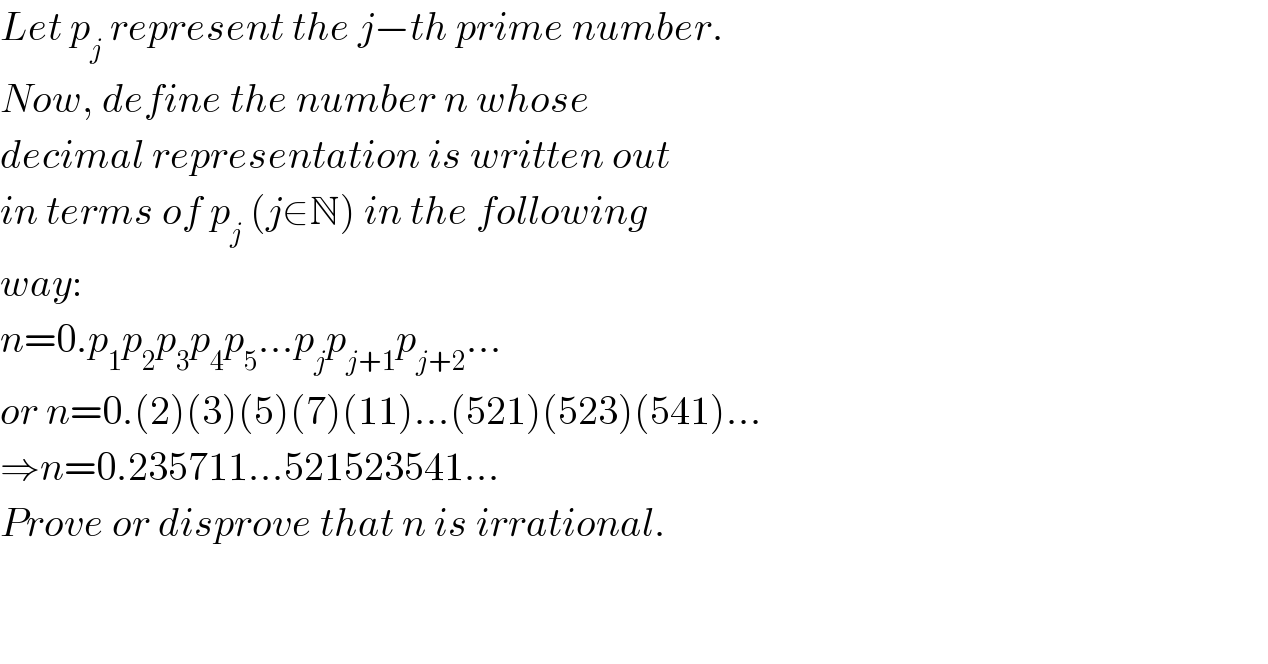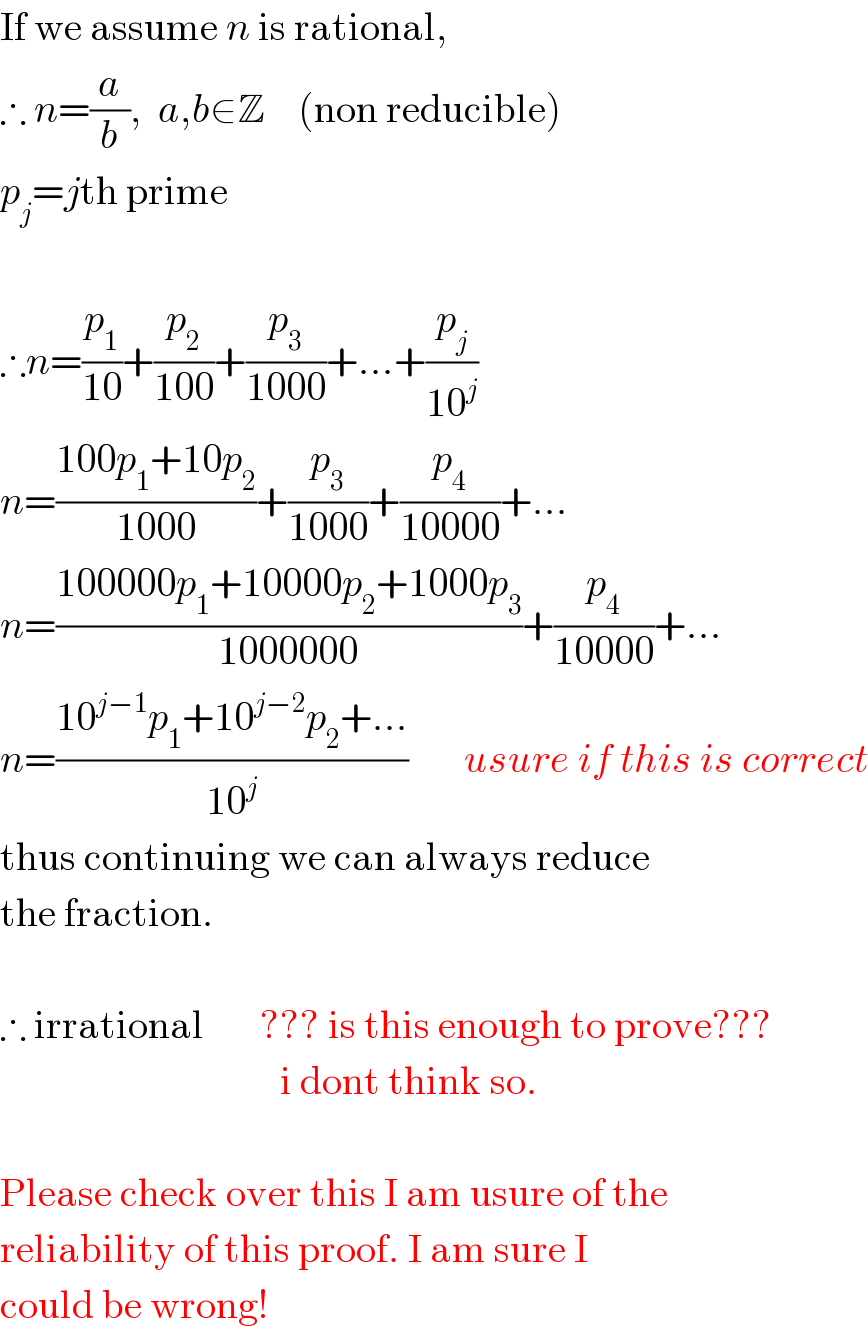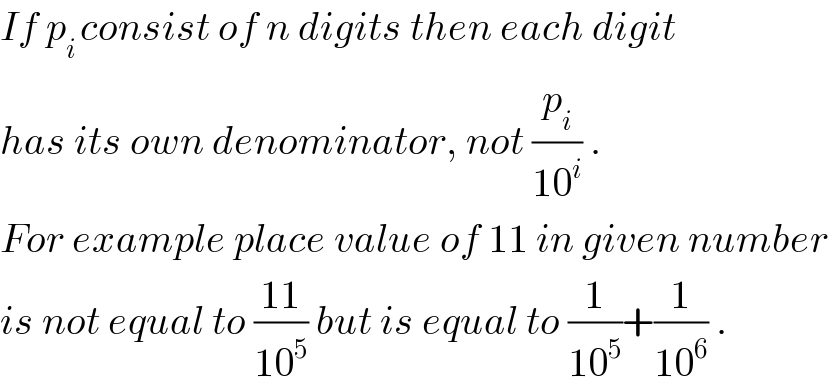
Question and Answers Forum
Question Number 5216 by Yozzii last updated on 01/May/16

Answered by FilupSmith last updated on 01/May/16

Commented by Rasheed Soomro last updated on 03/May/16

Commented by FilupSmith last updated on 04/May/16

| ||
Question and Answers Forum | ||
Question Number 5216 by Yozzii last updated on 01/May/16 | ||
 | ||
Answered by FilupSmith last updated on 01/May/16 | ||
 | ||
| ||
Commented by Rasheed Soomro last updated on 03/May/16 | ||
 | ||
Commented by FilupSmith last updated on 04/May/16 | ||
 | ||